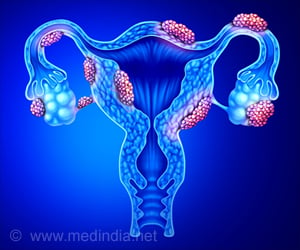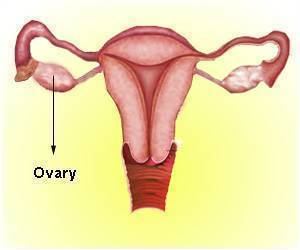Women and Infants Hospital in Providence, Rhode Island researchers have grown an artificial ovary in lab that has been able to turn an immature egg into one that is ready to be fertilized.
Women and Infants Hospital in Providence, Rhode Island researchers have grown an artificial ovary in lab that has been able to turn an immature egg into one that is ready to be fertilized.
Lead researchers Sandra Carson and Stephan Krotz had created the artificial ovary using slivers of ovarian tissue.For this work, the researchers started with theca cells, which form the outer coating of the follicle that holds the egg and produces a precursor to oestrogen.
They got their cells from ovaries that had been removed from young women for other reasons. A gel mould shaped like a honeycomb was seeded with theca cells, which grew into a structure 2 millimetres wide.
From the fluid surrounding eggs of another set of women undergoing IVF the team extracted granulosa cells, which produce the hormone oestradiol and help eggs to mature.
They used a mould to form them into spherical clumps, which they placed into cavities in the honeycomb.
Next, they took a human egg that was about one week shy of ovulation and placed it into the structure along with follicle-stimulating hormone, which helps egg growth but is not released in the ovaries.
Advertisement
Scientists say that the next step will be to see if the ovary can mature even younger eggs, known as primordial cells, which women have in their thousands.
Advertisement
Krotz reckons this could be done in 10 days, compared with the 280 or more days it would take in a woman's body.
Eggs seem to mature faster outside the body, which may be because the artificial ovary lacks factors produced by the body that inhibit the process.
The researchers reported their findings on 2 May at a meeting of the New England Fertility Society in New Hampshire.
Source-ANI
ARU










